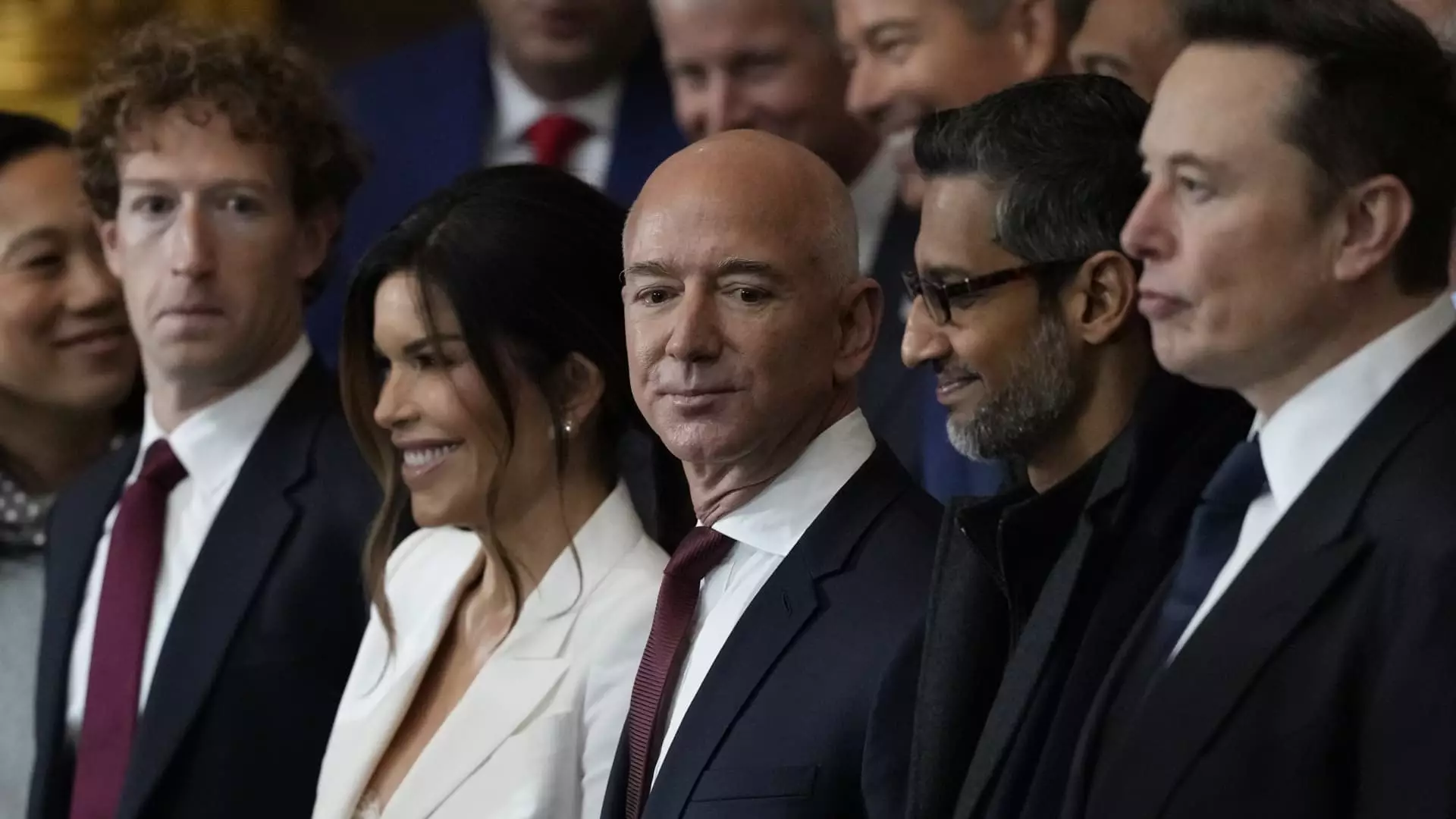Amazon’s recent bid to acquire TikTok from its Chinese parent company, ByteDance, signals a watershed moment in the narrative of American digital sovereignty. As discussions about national security and data privacy escalate, the buyout proposal isn’t merely a business maneuver; it’s an assertion of control over one of the fastest-growing social platforms among American consumers. TikTok has become more than just a social media app—it’s a digital marketplace, a cultural phenomenon, and a prominent player in the online advertisement arena. The fate of TikTok on American soil can redefine what it means for a nation to safeguard its digital interests and ensure that its data is not subject to foreign manipulation.
A Dangerous Precedent
While Amazon’s involvement seems like a noble gesture to rescue American interests, we must consider the potential ramifications of such a merger. The tech titan has been under scrutiny for monopolistic practices and aggressive business tactics that often leave competitors in the dust. Acquiring TikTok could undermine smaller companies and innovation, further exacerbating the tech monopoly problem that many worry about. By swallowing another major player, Amazon risks creating a digital landscape where users have fewer choices and competition becomes even stiffer. Does consolidation truly serve the welfare of the digital ecosystem, or does it merely reinforce corporations’ stronghold over consumers?
The TikTok Marketplace: A Goldmine
TikTok is not merely a social platform; its burgeoning marketplace is a significant draw for businesses, indicating a transition towards shopping within social applications. As online commerce becomes increasingly integrated with social media, Amazon’s desire for TikTok may stem from its ambition to dominate this new marketplace. With over 170 million users in the U.S., TikTok represents an untapped reservoir of purchasing power. Amazon recognizes that its future is not merely about e-commerce but a multifaceted approach that encompasses social engagement, entertainment, and commerce. This isn’t just a strategy for expansion; it’s an acknowledgment of the changing landscape in consumer behavior.
The Broader Political Context
In light of the current political climate, where bipartisan concerns about China’s influence loom large, Amazon’s bid not only unfolds within the realm of corporate strategy but also plays out as a chess move in the geopolitical arena. Former President Trump initiated a contentious debate over TikTok’s ownership, framing it as a national security issue. Now, as the Biden administration examines these concerns, Amazon’s proposal becomes a politically enmeshed endeavor, straddling the fine line between capitalism and protective nationalism. In the end, will political motives overshadow the intricacies of digital commerce, or will this situation lead to genuine reform in how we approach digital applications?
Scrutiny and Future Prospects
While the initial reception of Amazon’s bid suggests skepticism, the stakes are undeniably high. Concerns about national security, consumer data, and market monopolization create a charged atmosphere for consideration. With other players like AppLovin entering the fray, it raises the question: Is Amazon’s involvement in TikTok about creating a safe environment for users, or is it about cementing its dominance in the digital landscape? As regulatory bodies continue to scrutinize the implications of such a merger, it offers a compelling narrative worth watching. The unfolding drama will profoundly impact not only the companies involved but the future of social media and e-commerce in America.

